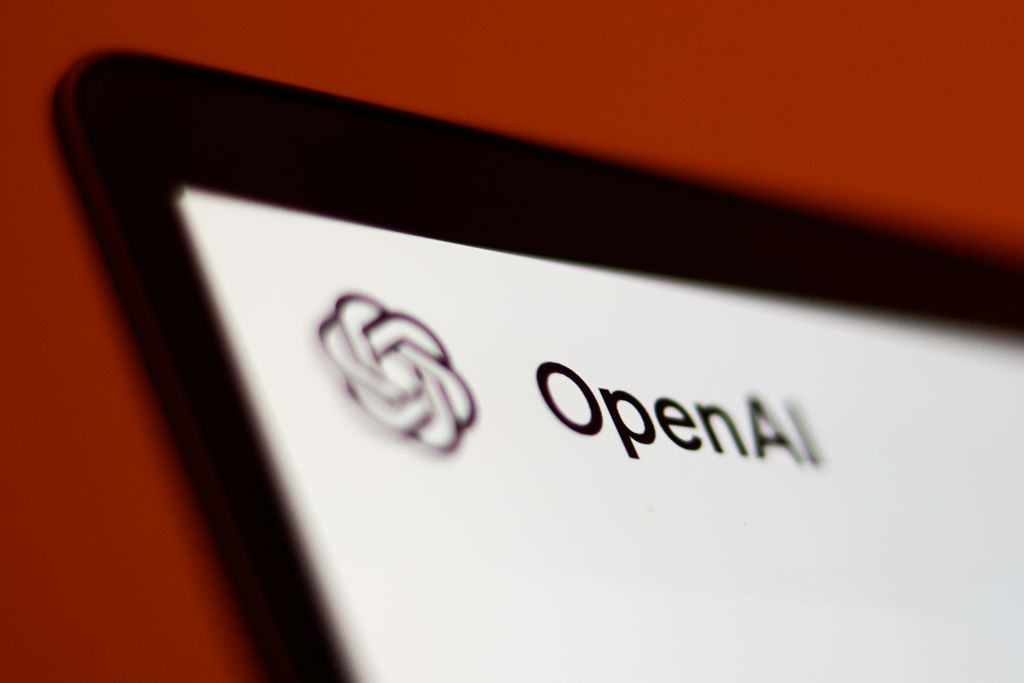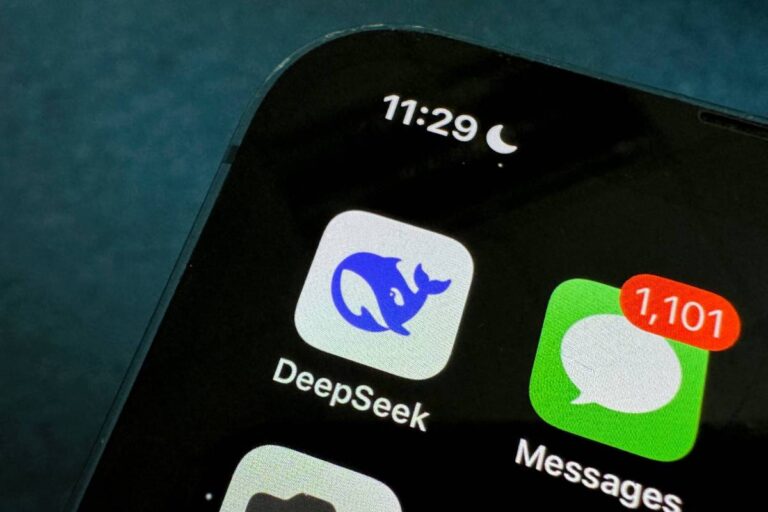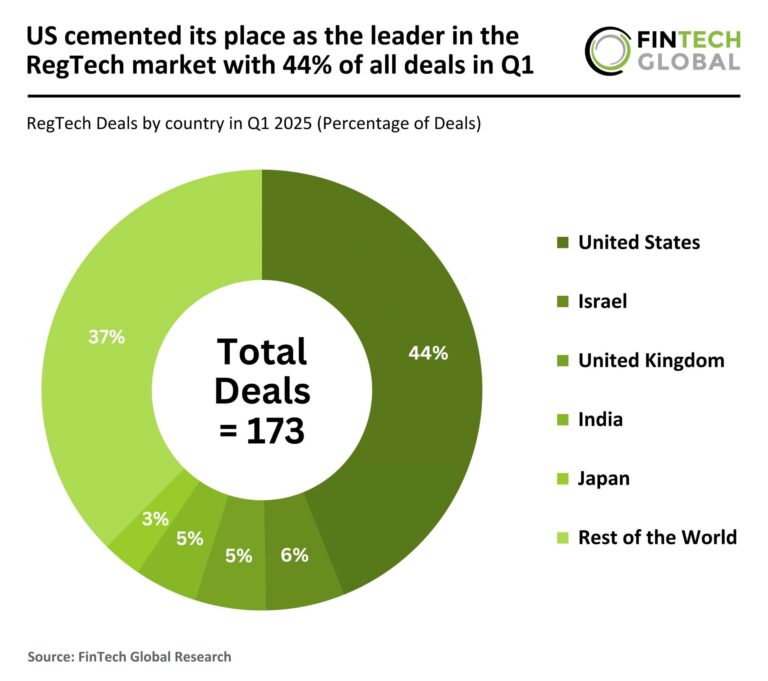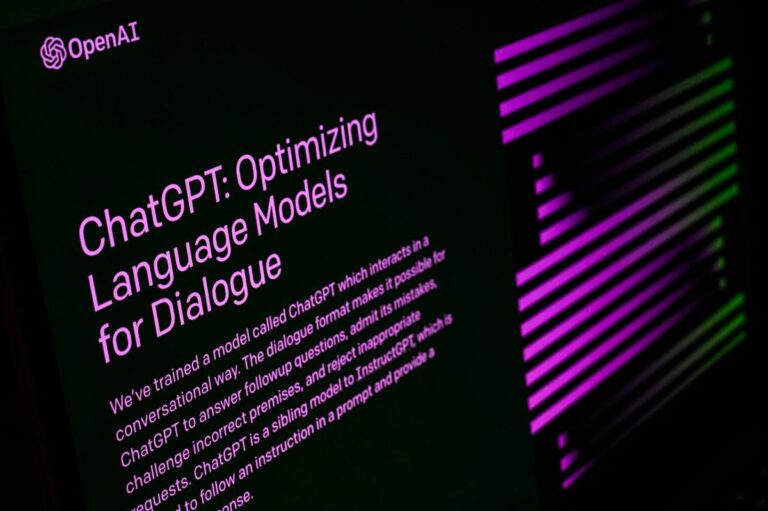OpenAI Launches Revolutionary ChatGPT Agent for In-Depth Research Excellence
OpenAI has unveiled an innovative AI “agent” designed to enhance the way users perform in-depth research using ChatGPT, its advanced AI chatbot platform. This new feature, aptly named deep research, aims to assist professionals and consumers alike in conducting meticulous and reliable investigations.
What is ChatGPT Deep Research?
According to a recent blog post from OpenAI, the deep research capability is tailored for individuals engaged in intensive knowledge work, such as those in finance, science, policy, and engineering. It is particularly useful for tasks requiring thorough research, including high-stakes purchases like cars, appliances, and furniture.
Key Features of Deep Research
- Designed for complex inquiries that require in-depth analysis.
- Available for ChatGPT Pro users, with a limit of 100 queries per month.
- Future support planned for Plus, Team, and Enterprise users.
- Web-only experience initially, with mobile and desktop integration coming soon.
How to Use ChatGPT Deep Research
To leverage the deep research feature, users simply select “deep research” in the ChatGPT composer and input their query. Users can also attach files or spreadsheets to enhance the search. The typical response time ranges from 5 to 30 minutes, and users will receive notifications upon completion.
Output and Accuracy Concerns
Currently, the outputs generated by ChatGPT deep research are text-based, but OpenAI plans to incorporate embedded images, data visualizations, and more analytical outputs in the future. Each output will be accompanied by comprehensive documentation, including clear citations and summaries for easy reference.
Despite these advancements, accuracy remains a critical question. OpenAI acknowledges the limitations of AI, which can lead to hallucinations and errors. This is particularly concerning in deep research scenarios where precision is vital. The company aims to enhance the accuracy of deep research outputs by utilizing a specialized version of its o3 reasoning AI model, trained through reinforcement learning on real-world tasks.
Testing and Performance
OpenAI has rigorously tested the ChatGPT deep research feature using the Humanity’s Last Exam, which includes over 3,000 expert-level questions across various academic fields. The results showed an accuracy rate of 26.6% for the o3 model, outperforming competitors like Gemini Thinking (6.2%) and Grok-2 (3.8%). However, limitations still exist, with the model sometimes misidentifying authoritative sources and failing to express uncertainty.
Implications for Users
For those concerned about the impact of generative AI on information retrieval and academic integrity, the well-cited, in-depth outputs of ChatGPT deep research offer a promising alternative to simplistic chatbot summaries. The real challenge will be whether users critically evaluate the outputs or accept them as definitive answers.
Interestingly, Google had announced a similar feature with the same name just two months prior, indicating a growing trend in the field of AI-assisted research.
For more information on how AI is transforming online research, check out our related articles on AI Research Trends and The Impact of AI on Education.







